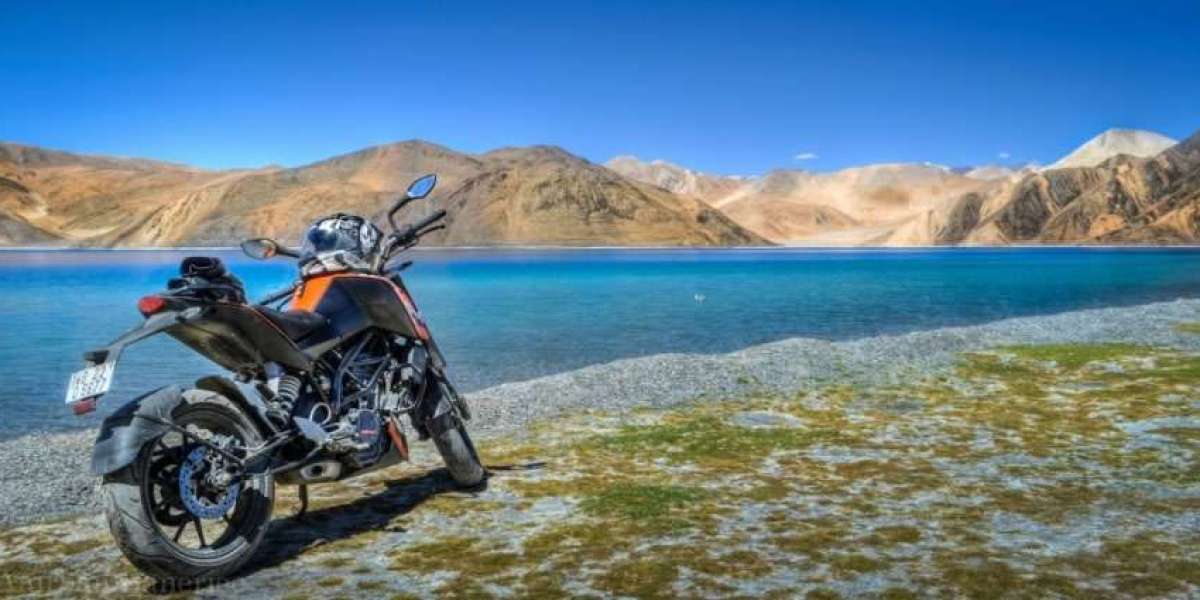Discovering the Enchanting Chamba Valley in Himachal Pradesh
Nestled in the lap of the Himalayas, Chamba Valley is a hidden gem in the state of Himachal Pradesh, India. Famous for its picturesque landscapes, ancient temples, and rich cultural heritage, the valley offers a perfect retreat for travelers seeking tranquility, adventure, and a taste of traditional Himalayan life. From its historical significance to its natural beauty, Chamba Valley is a destination worth exploring.
1. A Glimpse of Chamba's Rich History
Chamba Valley has a history that dates back over a thousand years. The town of Chamba was established in the 10th century by Raja Sahil Varman and is named after his daughter Champavati. Chamba served as the capital of the princely state of the same name for centuries. The valley is dotted with ancient temples, forts, and palaces that reflect its glorious past.
The Chamba region has also been a prominent center for Pahari art, particularly miniature paintings. The Chamba Rumal, a form of intricate embroidery, is another cultural treasure that has been passed down through generations.
2. Natural Beauty of Chamba Valley
The Chamba Valley is a scenic paradise, offering breathtaking views of lush green meadows, snow-capped mountains, and crystal-clear rivers. The Ravi River flows through the valley, adding to its charm. The cool climate, especially during summer, makes it a favorite escape from the heat of the plains.
Some must-visit natural attractions in Chamba Valley include:
- Khajjiar: Known as the "Mini Switzerland of India," Khajjiar is a picturesque plateau surrounded by dense deodar forests. The green meadows and a small lake in the center create a postcard-perfect setting.
- Kalatope Wildlife Sanctuary: Located near Dalhousie, this sanctuary is home to a variety of wildlife, including leopards, bears, and pheasants. The serene trails make it a great spot for nature walks and bird watching.
- Bhuri Singh Museum: For those interested in Chamba’s history, the Bhuri Singh Museum houses an impressive collection of Pahari paintings, sculptures, and artifacts from the region.
3. Adventure and Activities
Chamba Valley is not just about relaxation; it also offers a range of outdoor activities for adventure enthusiasts. Whether you enjoy trekking, paragliding, or camping, there is something for everyone.
- Trekking: The valley has several trekking routes, ranging from easy trails to challenging ones. Popular treks include the Dainkund Peak, the Chamba to Bharmour trek, and the Manimahesh trek, which leads to the sacred Manimahesh Lake.
- Paragliding: Khajjiar is a popular destination for paragliding. The thrill of soaring above the stunning landscapes of Chamba is an experience not to be missed.
- Camping: With its untouched natural beauty, Chamba Valley is an excellent spot for camping. Several locations offer camping facilities, allowing visitors to enjoy the beauty of the valley under the starry Himalayan sky.
4. Cultural and Religious Significance
Chamba is a spiritual center with its ancient temples dedicated to various deities. Some of the key religious sites include:
- Lakshmi Narayan Temple: This is one of the most important temples in Chamba, dedicated to Lord Vishnu. It dates back to the 10th century and features impressive stone carvings.
- Champavati Temple: Built in honor of Raja Sahil Varman's daughter, this temple showcases the beauty of medieval Indian architecture and is a popular pilgrimage spot.
- Bhuri Singh Museum: Named after Raja Bhuri Singh of Chamba, this museum preserves ancient artifacts, showcasing the region’s art and cultural heritage.
The valley also celebrates several festivals, the most famous being the Minjar Festival, which is held annually to celebrate the harvest. During the festival, the valley comes alive with traditional music, dances, and vibrant processions.
5. Best Time to Visit Chamba Valley
Chamba Valley experiences a pleasant climate throughout the year, but the best time to visit is from March to June and September to November. The summer months are ideal for sightseeing and outdoor activities, while the autumn offers clear skies and crisp weather, making it perfect for trekking. Winter brings snow, transforming the valley into a wonderland, particularly appealing to those who enjoy snow sports or quiet retreats.
6. How to Reach Chamba Valley
- By Air: The nearest airport is Gaggal Airport in Kangra, located about 120 km from Chamba.
- By Rail: The closest railway station is Pathankot, about 120 km away. From there, travelers can hire taxis or take buses to reach Chamba.
- By Road: Chamba is well connected by road to major cities in Himachal Pradesh and neighboring states. Regular buses operate from cities like Delhi, Chandigarh, and Shimla to Chamba.
Chamba Valley is a perfect blend of natural beauty, adventure, history, and culture. Whether you are a nature lover, history buff, or adventure seeker, this Himalayan gem offers something for everyone. As you explore its verdant landscapes, ancient temples, and rich traditions, you'll discover why Chamba Valley remains a cherished destination for travelers looking to escape into the heart of the Himalayas.
Read more interesting blogs:
8 Best Monsoon Treks in Maharashtra







